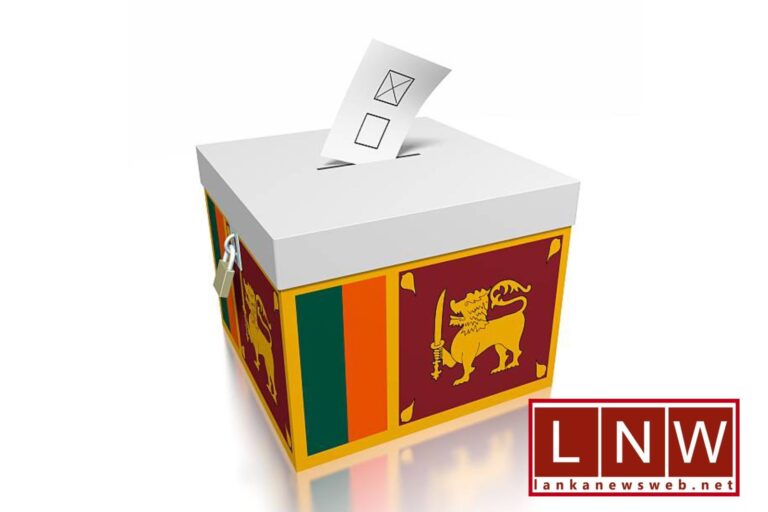November 15, Colombo (LNW): The voting results of Mahiyanganaya Electorate of Badulla District are as follows;
National Peoples Power (NPP): 41,338 (60.02%)
Samagi Jana Balawegaya (SJB): 18,228 (26.46%)
Sri Lanka Podujana Peramuna (SLPP): 3,289 (4.78%)
New Democratic Front (NDF): 1,626 (2.36%)


